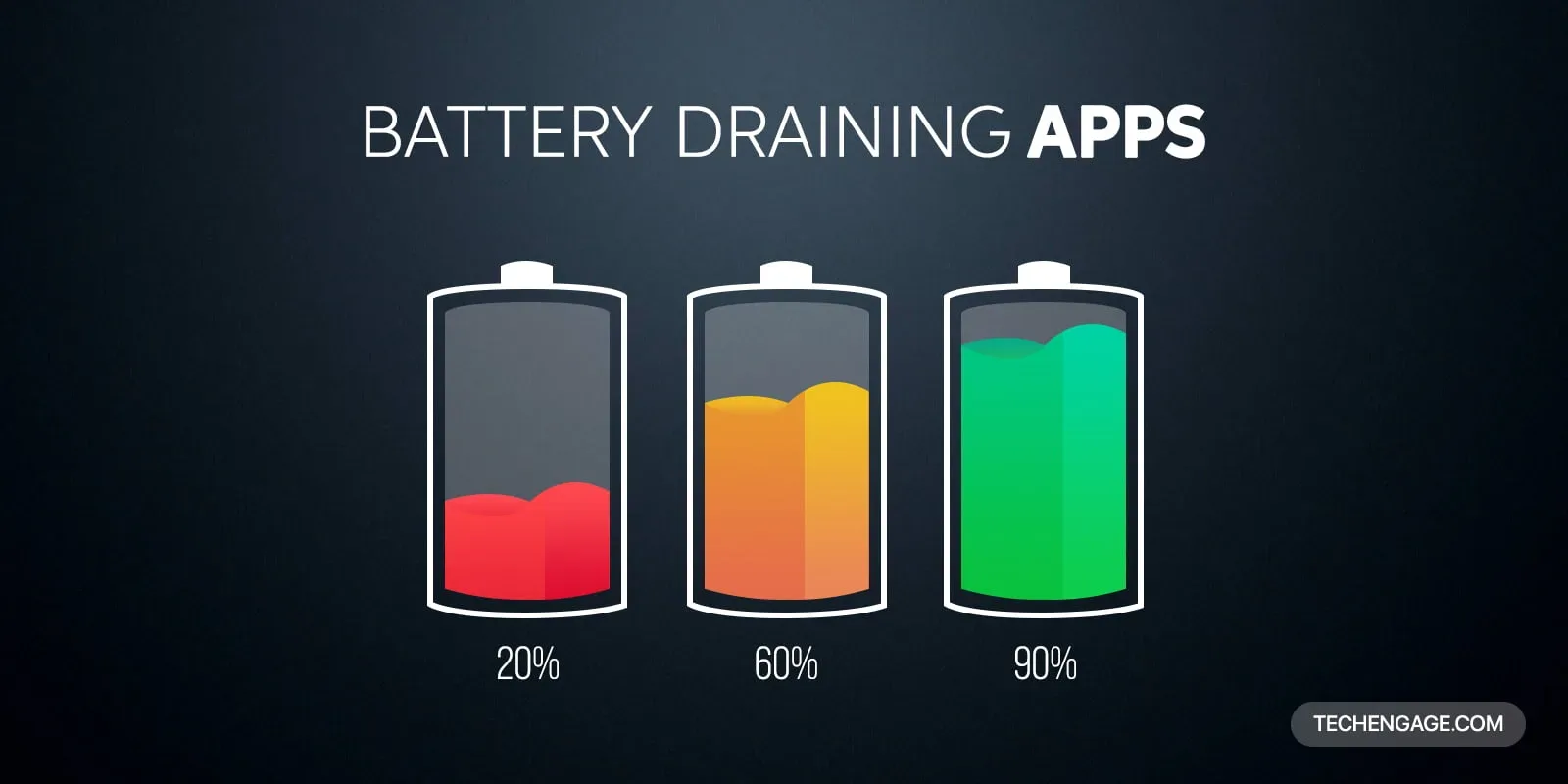At times, you might be thinking of creating one such app that should get work on all the platforms. This is possible with the use of a cross-platform framework. You can create an app that will roll out across all the platforms using the same code patterns.
Cross-platform development can be broadly described as creating mobile applications so that they can get run on multiple platforms. Developers and software engineers adopt multiple ways to accommodate diverse operating systems for individual app or products.
New trends of the cross-platform framework will include one native app for individual OS, and the role of PWA (Progressive Web Application) will boost. Also, there will be one cross-platform app for dedicatedly two systems that will provide a native experience.
Leveraging Points of Cross-Platform Frameworks For Building Apps:
- The biggest beneficial point about the cross-platform framework is that developers will not require to write code for different platforms as you can re-use the code.
- It takes very little time to create an app using a cross-platform framework as the developers are using one code for all the platforms.
- Using this framework, you can complete your app development work on an affordable budget as a single code base is used during app development.
- It has an easy development process that saves time for both developers and business owners.
- The cross-platform framework provides a wider audience reach that the app can be deployed on multiple app stores at a time.
List of popular cross-platform frameworks:
- Ionic
- React Native
- Flutter
- Xamarin
- PhoneGap
- Node.js
- Sencha Touch
- Corona SDK
Among all the cross-platform frameworks, Flutter and React Native are the two most used and popular frameworks that developers use at a frequent time. You have to contact the best cross-platform mobile development services provider.
1. Evolving trends of Flutter with its brief information
As soon as the release of Flutter in May 2017, it became the most heard word of the town among the developers. Google created Flutter, which is an open-source UI software development kit. The major use of Flutter is to develop applications for iOS, Android, and more such platforms using a single codebase. Flutter framework for mobile can create amazing apps with loads of features and beautiful UI.
Flutter is a fast platform backed by a huge Google gun and an ideal MVP platform (Minimal Viable Product). The best thing about Flutter is that you can use the same User Interface for iOS and Android, both Flutter apps.
Top-notch features describing Flutter for mobile app development covers
- Cross-platform development saves time, money, and energy, and with Flutter, you can write the code for once and use that code to create multiple apps.
- It supports a hot reload and allows the developer to see the app’s changes and make changes instantly.
- Flutter is created using Dart programming language as Dart uses JIT and AOT compilation that improves the startup time and functions and accelerates the overall performance.
- Flutter is capable of creating customized and complicated widgets.
- It enables you to use the current code Objective-C, Java, and Swift to add the key to native features specific to the platform.
Fascinating Points to know about Flutter
- A single codebase for two platforms, i.e., Android and iOS.
- Fast app development with Flutter with smooth ways.
- It has undoubtedly the best cross-platform capability.
- Flutter has full support from its huge community.
- An open-source framework that allows fast and single app development.
Things you should be aware of while using Flutter
- Flutter specifically offers a platform-oriented look and feel
- It is still an immature framework to work on for app development
- For larger apps, Flutter is not much comfortable to start with
- Flutter is getting popularity slowly as it is a new technology
- It has many platform limitations for creating an app
Big firms making use of Flutter
- Alibaba
- Google Ads
- Birch Finance
- Hamilton Musical
- Watermaniac
2. Escalating trends with brief information on React Native
Somewhere in the middle of the development work, if you are thinking of creating robust mobile apps, then React Native is the best-suited framework to satisfy your need. React Native is created by Facebook on 26 March. It is an open-source mobile app framework used to build beautiful applications for iOS, Android, and more such platforms. If you are focusing especially on user interfaces while app creation, React Native development will not disappoint you. It has the best JavaScript library that you can use to create user interfaces.
Talking about the current trends of React Native, it offers the adjusting consistency for iOS just like Android and that too by making a few changes. So it is a cost-effective and easy-to-use framework when it is all about mobile app development.
Features describing the importance of React Native Framework
- React Native says itself – Write Once and Use Everywhere
- It is a UI-focused framework.
- The community of React Native is robust.
- React Native offers full support for third-party libraries
- It offers live-reload features that offer you two screens, one for modifying the code and the other for seeing the modifications.
Strength of React Native
- More than 95% code of React Native is cross-platform, making it compatible with Android and iOS, and that saves your time and money.
- The code reusability feature makes it one of the best choices of developers for app creation work.
- It has a simple user interface with a JS library for creating beautiful mobile apps.
- React Native has a modular architecture and declarative coding style, making the coding process simpler and more flexible.
- It consists of a huge community of developers that is easily accessible to all developers.
Weaknesses of React Native
- Its cost of development is very high.
- React Native takes too much time in developing apps.
- Its documentation requires some updates to make it descriptive.
- Navigation is less smooth.
- It does not have many custom modules.
Huge enterprises making use of React Native
- Facebook Ads Manager
- Bloomberg
- Airbnb
- Gyroscope
- Uber Eats
Flutter VS React Native – A Brief Comparison of both Frameworks
After explaining everything about these both cross-platform frameworks, i.e., React Native and Flutter, it is still difficult to recommend anyone from these two. Both have their features, capabilities, and specialties when it comes to mobile app development. It will be better to contact any reputed and experienced Flutter development company or React Native development company if you aim to choose any one framework among these two to get satisfactory results. In the end, it will be your decision depending on your business requirements.



